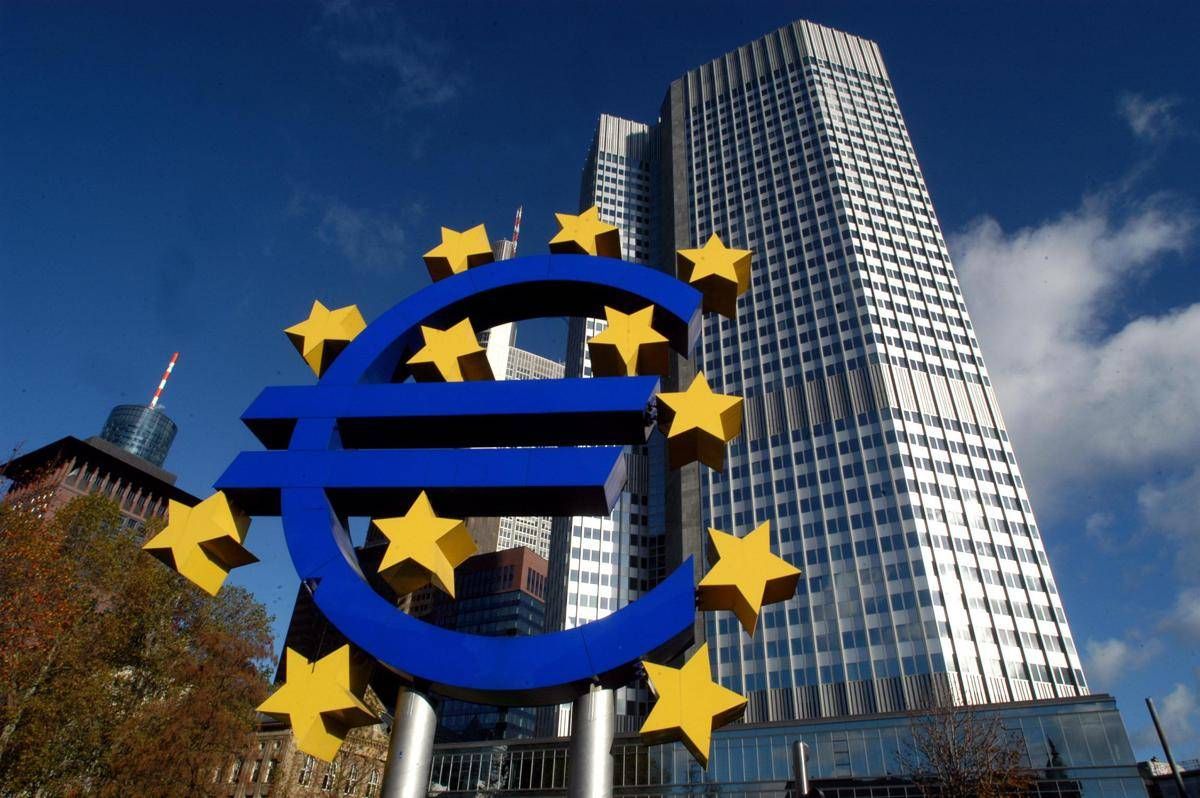
ECB cuts interest rates by 25 basis points: inflation down, but duties weigh on
-


Video shock, poliziotto aggredito negli scontri di Torino
-


Alberto Trentini e Mario Burlò sono in Italia dopo la liberazione VIDEO
-


Overnight explosions in Caracas hit military area, widespread power outages reported VIDEO
-


Attacco Usa in Nigeria contro l’Isis, Trump: “Risposta al massacro di cristiani” VIDEO
New rate cut by the European Central Bank: deposit rate drops to 2.25 per cent. Lagarde: “Unanimous decision, but trade tensions dampen growth”
The European Central Bank decided today, Thursday 27 April, on a new interest rate cut of 25 basis points, continuing the normalisation of monetary policy. The rate on deposits drops from 2.50% to 2.25%, the rate on main refinancing operations from 2.65% to 2.40%, and the rate on marginal loans from 2.90% to 2.65%.
The decision, as explained by President Christine Lagarde at a press conference, was taken unanimously by the Governing Council. Underlying the measure is “an updated assessment of the inflation outlook, core inflation dynamics and the intensity of monetary policy transmission”.
According to the Eurotower’s official note, “the disinflationary process is well on track” and overall and core inflation declined in March, confirming the experts’ forecasts. The ECB’s goal remains to keep inflation stable at around 2 per cent in the medium term.
Monetary policy, Lagarde clarified, will continue to be data-driven, with no constraints on a precise rate path. Decisions will therefore be taken “from time to time at each meeting”, taking into account the updated economic and financial outlook.
Trade tensions and global uncertainty
Despite positive signs on the inflation front, the economic outlook for the euro area remains weak. According to the ECB, rising global trade tensions are adversely affecting household and business confidence, potentially affecting access to credit and financing conditions.
Lagarde pointed out that “tariffs will have a negative impact on Eurozone growth”, while the effects on inflation will be more visible over time. The tightening of tariffs – which have already risen from an average of 3% to 13% on many goods – represents a negative shock on demand, with effects varying depending on the geographical areas involved.
Finally, the ECB president recalled that the European Commission is considering countermeasures, including the “zero-for-zero” option put forward against the Trump administration. A differentiated response will be needed to address the heterogeneous impact of trade tensions on the economic stability of the euro area.
THE LATEST NEWS
(Photo: © AndKronos)
-

 Flash23 ore ago
Flash23 ore agoMorte sul lavoro a Pescia: travolto da un letto anti decubito
-

 World16 ore ago
World16 ore agoLione, morto studente di 23 anni dopo pestaggio politico
-

 Primo Piano22 ore ago
Primo Piano22 ore agoNavalny avvelenato: Londra accusa Putin
-

 International-News19 ore ago
International-News19 ore agoPutin accused of poisoning Navalny, scientific evidence confirmed by the UK













